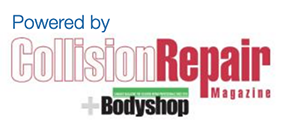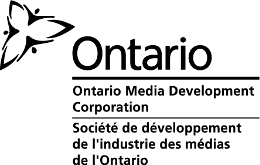Direct Repair Programs (DRPs) are partnerships between insurance companies and auto repair shops. These programs are designed to streamline the repair process for both the insurer and the vehicle owner. Participating shops are pre-approved by insurers, which can offer several benefits:
- Streamlined Repair Process: DRPs often mean quicker turnaround times for repairs due to the established relationship between the shop and the insurer.
- Quality Assurance: Insurance companies typically vet shops for quality and reliability before including them in their DRP, giving policyholders a sense of security.
- Warranty on Repairs: Repairs through DRPs usually come with a warranty, providing added peace of mind.
- Convenience: With a DRP, there’s often less paperwork and fewer steps for the customer, as the insurance company and repair shop handle much of the coordination.
- Cost Management: DRPs can help control repair costs, which can also influence insurance premiums by keeping costs predictable.
You always have the right to choose your own repair shop. When deciding where to have your vehicle repaired, consider the following tips:
- Do Your Research: Investigate the shop’s history and customer reviews.
- Warranties: Ask about warranties.
- Rely on Personal Recommendations: Personal experiences from those you trust can guide you to reliable repair shops.
- Check for Professionalism: Look for shops that are committed to maintaining industry standards and affiliations.
In summary, the decision on where to repair your vehicle ultimately rests with you. The majority of today’s collision repair facilities are modern, well equipped and professional. They are experts in the process and will be able to guide you through this stressful time.
Repair Networks
In Canada, a significant percentage of collision repairs are performed by professional and progressive facilities that are part of some network, whether it’s a franchise, banner, MSO, or another model. This trend is driven by the benefits of brand recognition, shared resources, and the ability to meet the requirements of insurance companies.








